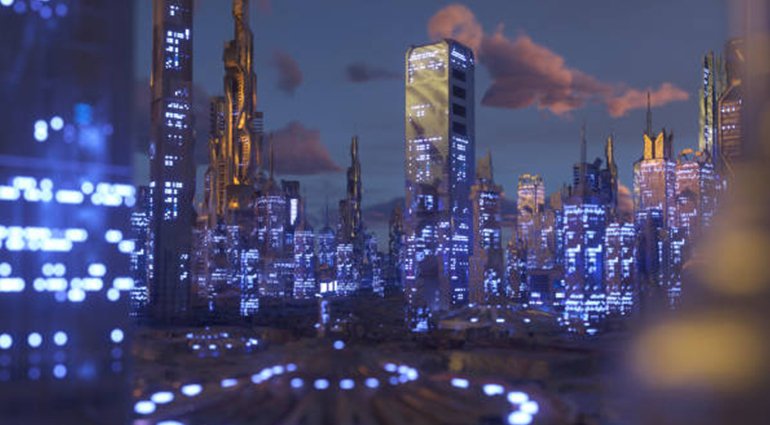AI In Construction Will Save Lives, Not Take Jobs.

AI is changing our life, even if we don’t realise it. AI has made many easy everyday acts feasible, from unlocking devices with a peek or touch to using voice assistants to set reminders, check the news, or play music.
In numerous industries, AI-powered robots or software agents are undergoing a similar shift. AI sped up the creation of Covid-19 vaccinations; the first set was tested within three months of the virus’ discovery, when it would have taken years. Contact centre, industrial, and warehouse automation all use AI.
Even the construction business, a laggard in adopting new technologies, has embraced AI. In planning and designing phases, the technology enables for sophisticated generative design for BIM or 3D modelling. Under generative design, the computer produces hundreds of design choices based on goals or restrictions.
The human designer can then choose the recommended design or any others that fulfil the project’s aims, creating the best design possible in less time. The result is a better design and more designer time for other tasks.
Modern construction safety, monitoring, and maintenance systems use AI to forecast and warn managers about unsafe conditions. These systems reduce human mistake in incidents.
AI-powered tools can track the real-time interactions of people, machinery, and other objects on the site, alerting supervisors or offsite management of construction faults, productivity concerns, or intentional neglect of safety standards.
AI’s wide range of applications and use cases will alter engineering and construction in the next years. The construction business is India’s second largest employment after agriculture, providing direct or indirect livelihood to roughly 100 million people.
AI and automation-driven societal developments cause worry and panic for good reason. Over 200 years ago, textile workers opposed automation out of fear of job loss. They became known as Luddites, and even today, anyone fearful of new technology is termed a luddite.
Modern-day Luddites’ anxieties are not unwarranted. Intelligent agents and robots might replace 30% of the world’s human work by 2030, and “automation will displace 400 to 800 million jobs by 2030,” according to a McKinsey report.
Every major technology innovation has created more jobs than it eliminated. Jobs or livelihoods never become outdated; only specialised skills do. In the 1800s, handloom weavers were no longer needed in textile factories, but they could learn to use power looms.



